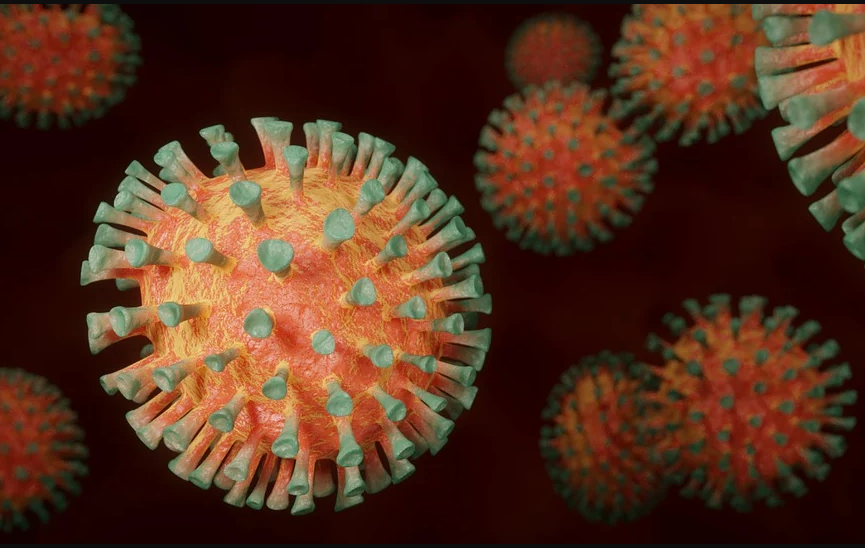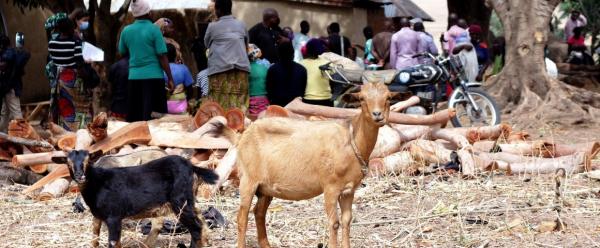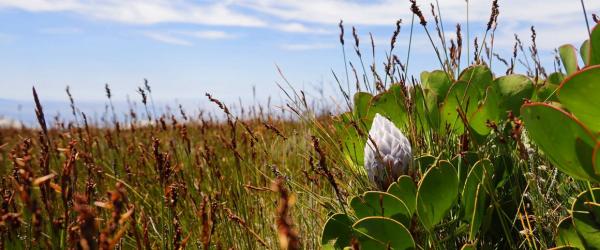Results & impact 28 October 2025
- Home
- CIRAD news
- News
- Coronavirus and recurrent genetic mutations
Coronavirus: an international study has identified recurrent genetic mutations

Understanding how the SARS-CoV-2 genome evolves is a crucial stage in developing drugs and vaccines. In a recent study, researchers from University College London (UCL), in partnership with the University of Oxford, Imperial College London, CIRAD and the University of Réunion Island, used samples from more than 7500 people infected with the virus to analyse the genetic diversity of the SARS-CoV-2 genome.
"All viruses naturally mutate" , François Balloux of the UCL Genetics Institute explains. "Mutations in themselves are not a bad thing and there is nothing to suggest SARS-CoV-2 is mutating faster or slower than expected. So far we cannot say whether SARS-CoV-2 is becoming more or less lethal and contagious."
Those small genetic changes, or mutations, are not distributed equally across the virus genome. The researchers say that the parts of the genome that have had very few mutations could be better targets for drug and vaccine development.
" A major challenge to defeating viruses is that a vaccine or drug might no longer be effective if the virus has mutated", Professor Balloux adds. " If we focus our efforts on parts of the virus that are less likely to mutate, we have a better chance of developing drugs that will be effective in the long run."
CIRAD and the University of Réunion Island participated in the study as part of the mobilization of a Réunionese task force associating teams from the Plant Communities and Biological Invaders in Tropical Environments joint research unit (UMR PVBMT, CIRAD/University of Réunion Island), three other research units* at the University of Réunion Island, and the local teaching hospital. The task force is working at a local, national and international level, to find solutions to the current health crisis in terms of screening and treatments.
South Green, a supercomputer for use in genomics studies The study was supported by the CIRAD - UMR AGAP high-performance data and computing centre at the South Green bioinformatics platform. |
* Research units:
- Reunion, Indian Ocean diabetic atherothrombosis therapies (INSERM/University of Réunion Island)
- Pharmaco-immunological studies
- Infectious processes in tropical island environments (INSERM/University of Réunion Island)
Reference
Emergence of genomic diversity and recurrent mutations in SARS-CoV-2, L van Dorp, M. Acman, D. Richard, L.P. Shaw, C.E. Ford., L. Ormond, C.J. Owen, J. Pang, C.C.S. Tan, F.A.T. Boshier, A.T. Ortiz, F. Balloux, Infection, Genetics and Evolution, Volume 83, September 2020
https://doi.org/10.1016/j.meegid.2020.104351
This article is an adaptation of one initially published on the University of Réunion Island website.



























